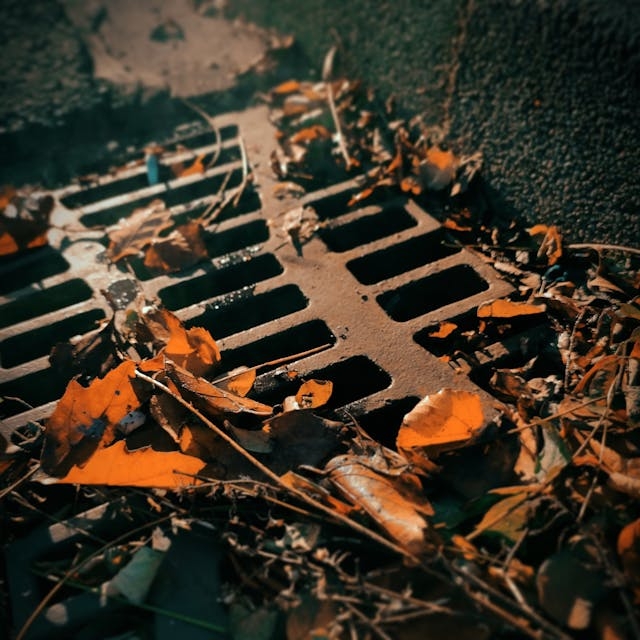Drain blockages are a frequent and frustrating issue for many Auckland homeowners, affecting daily life and potentially leading to significant plumbing problems if left unaddressed. Understanding the causes of these blockages can encourage residents to take proactive steps towards prevention and maintenance. This article explores some of the most common reasons drains become blocked in Auckland homes, and provides practical advice on how to handle these issues effectively.
Common Causes of Blocked Drains in Auckland Homes
-
Tree Roots: A leading cause of sewer line blockages, tree roots seek moisture and will infiltrate even the smallest cracks in your drainage pipes. As they grow, they can cause the pipe to break or become severely blocked, often requiring professional intervention to resolve.
-
Grease Buildup: Fats and oils washed down the kitchen sink can solidify inside plumbing, creating a sticky residue that traps food particles and other debris. Over time, this accumulation can lead to significant blockages that disrupt water flow and require thorough cleaning.
-
Hair and Soap Scum: These are the primary offenders in bathroom drains. Hair strands can entangle with soap residue and other materials, gradually forming a dense mat that blocks water passage.
-
Foreign Objects: Drains are not designed to handle everything. Objects like sanitary products, baby wipes, and excessive amounts of toilet paper are common culprits in household drain blockages. Educating everyone in the household about what should and should not go down the drains is crucial.
-
Food Waste: Even with garbage disposals, certain types of food waste should not be discarded down the sink. Items like coffee grounds and eggshells can accumulate and create stubborn clogs.
Preventative Measures
Avoid Certain Items Down the Sink: A key aspect of preventing drain blockages is being mindful of what goes down your drains. Educate your household about the importance of not disposing of oils, grease, and non-biodegradable items through the sink. These substances and objects can solidify or accumulate, leading to clogs.
Use Drain Guards: Placing drain guards in sinks, showers, and tubs can catch hair, food particles, and other debris before they enter your plumbing system. These guards are simple to install and can be cleaned regularly, which is an effective way to prevent blockages.
Regular Professional Inspections: Having a professional plumber inspect your drains and pipes can help identify potential issues before they escalate into serious blockages. Regular check-ups can catch early signs of root intrusion, pipe damage, or buildup that might not be visible but could cause problems in the future.
DIY Methods for Drain Unblocking
Using a Plunger: A plunger can often dislodge local blockages in toilets, sinks, and baths. Make sure to use the appropriate plunger type— a flat-bottomed one for sinks and a bell-shaped one for toilets. Apply firm pressure to create a seal and pump vigorously to dislodge the clog.
Vinegar and Baking Soda: This natural remedy is effective for minor clogs. Pour a pot of boiling water down the drain, followed by half a cup of baking soda and a cup of vinegar. Cover the drain, let the mixture fizz for a few minutes, then flush with more boiling water. This can help break down fatty acids and clear mild blockages.
Chemical Drain Cleaners: For tougher clogs, chemical drain cleaners can be used, but with caution. These are powerful and potentially hazardous chemicals, so it’s important to follow the manufacturer’s instructions closely and use them sparingly to avoid damaging your pipes and the environment.
Professional Solutions
Motorized Drain Snakes: For more stubborn blockages that can't be cleared with a plunger, professionals may use motorised drain snakes. These tools are more powerful than standard hand-cranked models and can cut through tougher clogs including tree roots and hardened grease.
Hydro-jetting: This method involves using water jets to clear blockages and clean the insides of drainage pipes. It's highly effective for removing buildups of grease, soap, and other debris, and can even cut through tree roots. Hydro-jetting is also beneficial as it thoroughly cleans the pipe, potentially preventing future clogs.
CCTV Drain Surveys: Advanced technology allows plumbers to use CCTV cameras to inspect drains and sewers. This method is non-invasive and provides real-time feedback on the condition of the pipes, helping to accurately identify blockage locations and underlying issues without the need for excavation. This can save time and money while providing a precise diagnosis.
Call to Action
Understanding when you can handle a drain blockage with DIY methods and when to call in a professional is key to maintaining your home’s plumbing effectively. For simple clogs, try using a plunger or natural cleaners like vinegar and baking soda. However, for more persistent or severe blockages, or if you're experiencing recurring drainage issues, it's wise to contact a professional plumber. They have the tools and expertise to resolve the problem quickly and prevent future issues.



